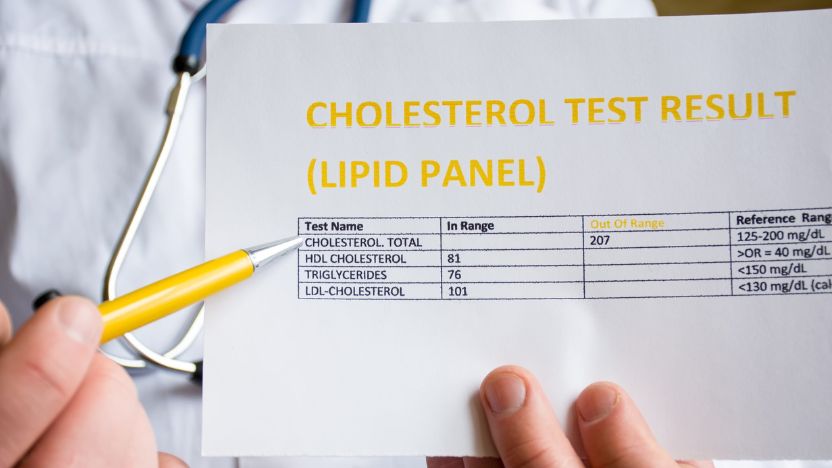Heart disease is the number 1 killer in Malaysia, with an average of 1 in every 4 deaths caused by this disease every year. Worldwide, heart-related ailments also claim millions of lives annually.
Therefore, it is crucial for us to observe these FIVE vital numbers to determine good heart health:
1) Blood pressure
Blood pressure is the force of the blood against the arteries, and a typical number comprises a systolic number and a diastolic number. An ideal blood pressure number should be in the range of 120/80. Anything higher than that puts a strain on the heart and blood-pumping arteries, and this could eventually weaken the heart, and could turn fatal if not addressed.

2) Body mass index
Body mass index (BMI) is an estimate of body fat based on height and weight, and is directly related to heart health. A BMI of over 25 is considered overweight and needs to be brought under control to ensure optimal heart health.

3) Blood sugar level
High blood sugar levels damages the blood vessels and specific nerves which help the heart function. In addition, high blood sugar levels can also lead to high blood pressure, which in turn, elevates the risk of heart disease.
.jpg)
4) Cholesterol level
High cholesterol levels denote accummulation of fats in the arteries, which narrow down the passage of blood, thus leading to high blood pressure. The condition can lead to serious complications, including stroke, when the buildup clog the blood vessels. A person is considered at high risk of developing heart disease if their cholesterol level is higher than 240 mg/dl (milligrams in decilitre of blood).

5) Number of hours of sleep
Optimal sleep is crucial to ensure good heart health as sleep provides time for the body to restore and recharge. Ideally, an adult should sleep for at least 8 hours a day. Research has shown that people with sleep issues are at higher risk of heart disease, stroke, and high blood pressure.
.jpg)
Source: Times of India
Photo source: Pexels
Therefore, it is crucial for us to observe these FIVE vital numbers to determine good heart health:
1) Blood pressure
Blood pressure is the force of the blood against the arteries, and a typical number comprises a systolic number and a diastolic number. An ideal blood pressure number should be in the range of 120/80. Anything higher than that puts a strain on the heart and blood-pumping arteries, and this could eventually weaken the heart, and could turn fatal if not addressed.

2) Body mass index
Body mass index (BMI) is an estimate of body fat based on height and weight, and is directly related to heart health. A BMI of over 25 is considered overweight and needs to be brought under control to ensure optimal heart health.

3) Blood sugar level
High blood sugar levels damages the blood vessels and specific nerves which help the heart function. In addition, high blood sugar levels can also lead to high blood pressure, which in turn, elevates the risk of heart disease.
.jpg)
4) Cholesterol level
High cholesterol levels denote accummulation of fats in the arteries, which narrow down the passage of blood, thus leading to high blood pressure. The condition can lead to serious complications, including stroke, when the buildup clog the blood vessels. A person is considered at high risk of developing heart disease if their cholesterol level is higher than 240 mg/dl (milligrams in decilitre of blood).

5) Number of hours of sleep
Optimal sleep is crucial to ensure good heart health as sleep provides time for the body to restore and recharge. Ideally, an adult should sleep for at least 8 hours a day. Research has shown that people with sleep issues are at higher risk of heart disease, stroke, and high blood pressure.
.jpg)
Source: Times of India
Photo source: Pexels







